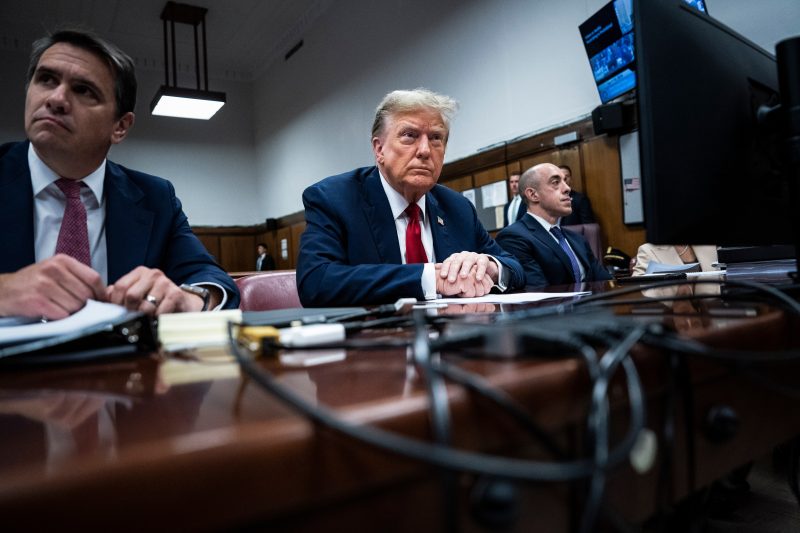In the evolving landscape of modern politics, the utilization of social media as a potent tool for political maneuvering has reached unprecedented levels. Former President Donald Trump, known for his adept use of social media platforms, has adeptly harnessed this digital medium not only as a means of direct communication with his followers but also as a legal cudgel to advance his political agenda.
Trump’s strategic deployment of social media as a legal cudgel embodies a distinct approach to wielding power in the contemporary political arena. Through his active presence on platforms like Twitter and Facebook, the former President has demonstrated how statements made on social media can be leveraged to shape public opinion, influence legal proceedings, and challenge traditional modes of political discourse.
The case of Trump v. E. Jean Carroll exemplifies how the former President capitalized on social media to defend himself against allegations of defamation. In response to Carroll’s accusation of sexual assault, Trump used his Twitter platform to dismiss her claims, asserting that he did not know her and labeling her allegations as false. By publicly discrediting Carroll on a widely followed and highly influential social media platform, Trump effectively positioned himself as a vocal and uncompromising defender of his innocence, casting doubts on the credibility of his accuser.
Furthermore, Trump’s skillful utilization of social media as a legal cudgel extends beyond individual controversies to encompass broader political objectives. During his presidency, Trump frequently employed Twitter as a direct conduit to bypass conventional media channels, communicate unfiltered messages to his base, and challenge established narratives propagated by mainstream outlets. By circumventing traditional gatekeepers of information, Trump effectively established himself as a formidable force in shaping public discourse and directing the national conversation on pivotal issues.
Beyond the realm of personal narratives and political messaging, Trump’s mastery of social media as a legal cudgel underscores a fundamental shift in the nature of political power and influence in the digital age. As the traditional boundaries between public and private, official and informal, blur within the online sphere, political actors like Trump have recognized the immense potential of social media as a tool for exerting outsized impact on public opinion, legal proceedings, and institutional norms.
In conclusion, the strategic deployment of social media as a legal cudgel by figures like Donald Trump signals a paradigmatic transformation in the dynamics of modern politics. By leveraging the immediacy, reach, and virality of social media platforms, political actors are able to shape narratives, challenge opponents, and mobilize support in ways that were previously unimaginable. As the digital landscape continues to evolve, the intersection of social media and legal strategy promises to redefine the boundaries of political engagement and reshape the contours of power in the 21st century.

